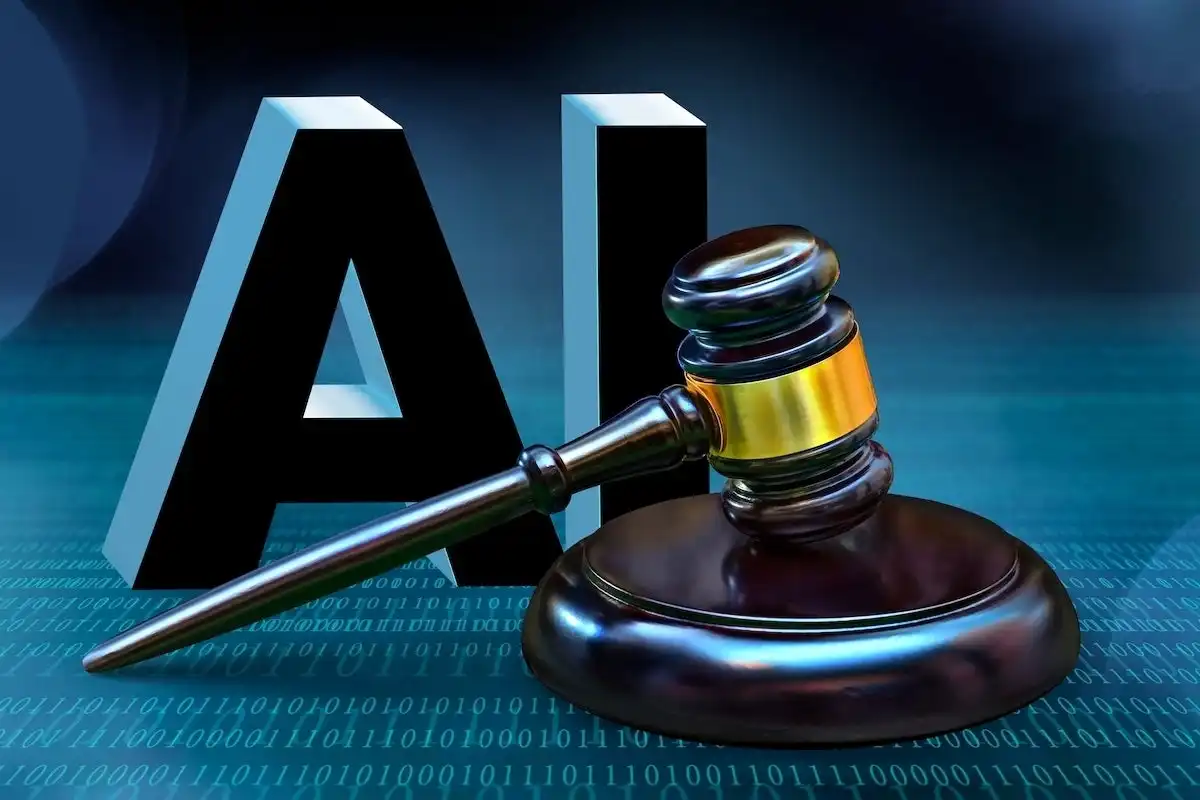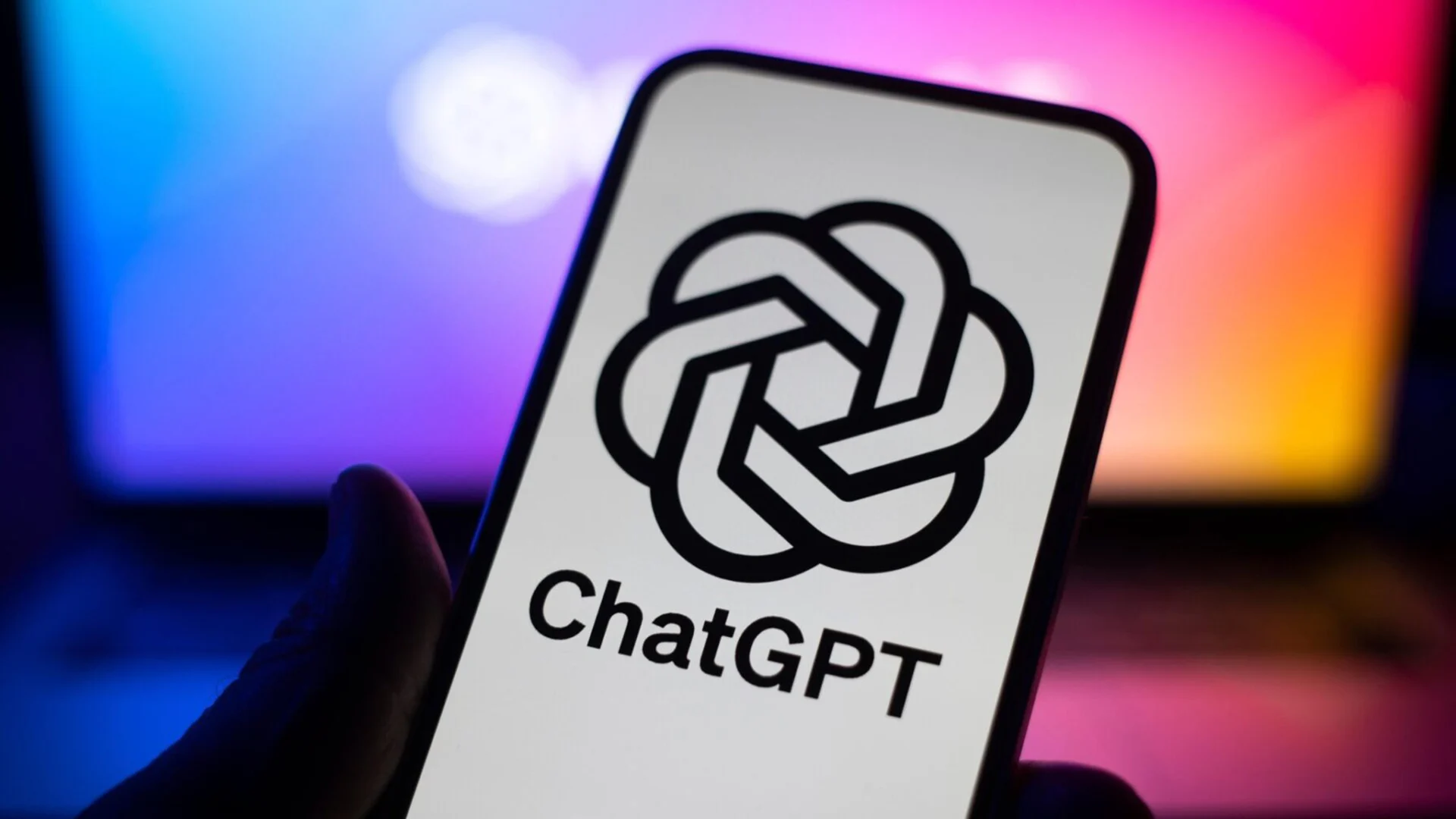Asian News International has sued OpenAI, potentially setting a precedent for AI use of copyrighted news in India
Asian News International filed a 287-page petition in the Delhi High Court on Monday, claiming the AI company created fraudulent material ascribed to the news agency and unlawfully utilized its content to train its AI models. This lawsuit is the first time OpenAI has been sued by an Indian media outlet for copyright issues.
After OpenAI acknowledged that it had already made sure ChatGPT wasn’t accessing ANI’s website, Justice Amit Bansal summoned the business at Tuesday’s session. The bench stated that because the matter needed a thorough hearing because it was a “complex issue,” it was not willing to give an injunction ruling on Tuesday.
January is the date of the upcoming hearing.
In a statement to TechCrunch, an OpenAI representative said, “We take great care in our products and design process to support news organizations.” “We are actively pursuing positive collaborations and dialogues with numerous news outlets worldwide, including those in India, in order to investigate prospects, hear input, and cooperate.”
The case intensifies international pressure on AI firms about their exploitation of intellectual content. According to court statements, OpenAI is currently facing more than a dozen similar cases in the US, two in Canada, and one in Germany.
Amit Sibal, the attorney for OpenAI, defended the company’s actions, claiming that ChatGPT permits websites to choose not to gather data and that facts are not protected by copyright laws. He noted that the Microsoft-backed company does not have any servers in India and therefore the lawsuit is without jurisdiction.

Sidhant Kumar of UNUM Law, ANI’s attorney, retorted that content’s public availability does not provide the right to exploit it. ChatGPT’s attribution of fake interviews to ANI, including a fictitious chat with Rahul Gandhi, the leader of the opposition party to the ruling party, was of special concern to the agency.
ANI has claimed in its complaint that the dissemination of fake news can cause public unrest and that these “hallucinations” represent a genuine harm to the news organization’s image.
In order to provide advice on the copyright implications of AI models that use publically accessible content, the court intends to designate an impartial expert. In subsequent hearings, the judge will look at more technical facets of how news material circulates across various channels.



